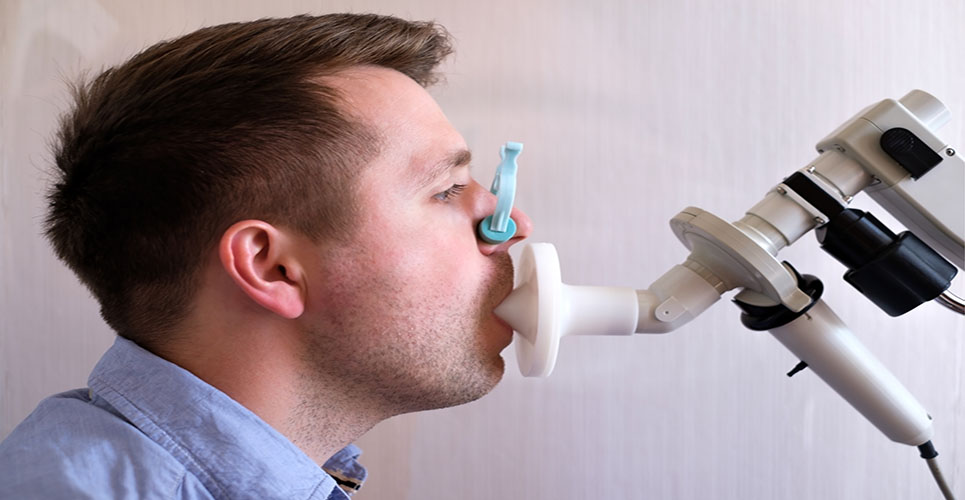Pulmonary hypertension is caused by abnormally high blood pressure in the arteries of the lungs. It makes the right side of the heart work harder than normal. In its various forms, pulmonary hypertension is a chronic, progressive, debilitating disease, often leading to death or need for lung transplantation.
Adempas belongs to a class of drugs called soluble guanylate cyclase stimulators that help arteries relax to increase blood flow and decrease blood pressure. It is intended for patients with chronic thromboembolic pulmonary hypertension (CTEPH) after surgery or patients who cannot undergo surgery, to improve their ability to exercise. Adempas is also indicated for patients with pulmonary arterial hypertension (PAH) of unknown causes, inherited or associated with connective tissue diseases, to improve their ability to exercise and to delay clinical worsening of their condition.
“Adempas is the first in its drug class approved to treat pulmonary hypertension and the first drug of any class to be shown to be effective for patients with CTEPH,” said Norman Stockbridge MD PhD, director of the Division of Cardiovascular and Renal Drug Products in the FDA’s Center for Drug Evaluation and Research.
The FDA reviewed Adempas under its priority review program, which provides for an expedited six-month review of drugs that may offer major advances in treatment.
The safety and effectiveness of Adempas to treat CTEPH were established in a clinical trial with 261 participants randomised to take Adempas, with the dose gradually increased up to 2.5 mg three times daily, or to receive a placebo three times daily. The study was designed to measure the change in the distance a patient could walk in six minutes (6-minute walk distance). After 16 weeks of treatment, the average improvement in a 6-minute walk distance in participants treated with Adempas was 46 meters (about 150 feet) more than in those treated with placebo.
The clinical trial evaluating the safety and effectiveness of Adempas to treat PAH included 443 participants randomly assigned to take Adempas 1.5mg or 2.5mg, or placebo, three times daily. After 12 weeks of treatment, the six minute walk distance in patients treated with Adempas improved by an average of 36 meters (about 118 feet) more than in patients treated with placebo.
Adempas carries a Boxed Warning alerting patients and health care professionals that the drug should not be used in pregnant women because it can harm the developing foetus. Female patients can receive the drug only through the Adempas REMS program. All female patients must be enrolled in the program, comply with pregnancy testing requirements and be counselled regarding the need for contraception. The REMS restricted distribution program requires prescribers to be certified by enrolling in the program. Also, pharmacies must be certified and can dispense Adempas only to patients who are eligible to receive it under the REMS.
Common side effects observed in patients treated with Adempas included headache, dizziness, indigestion (dyspepsia), tissue swelling (peripheral oedema), nausea, diarrhoea and vomiting.
Adempas is marketed by Bayer HealthCare Pharmaceuticals Inc, based in Wayne, NJ

